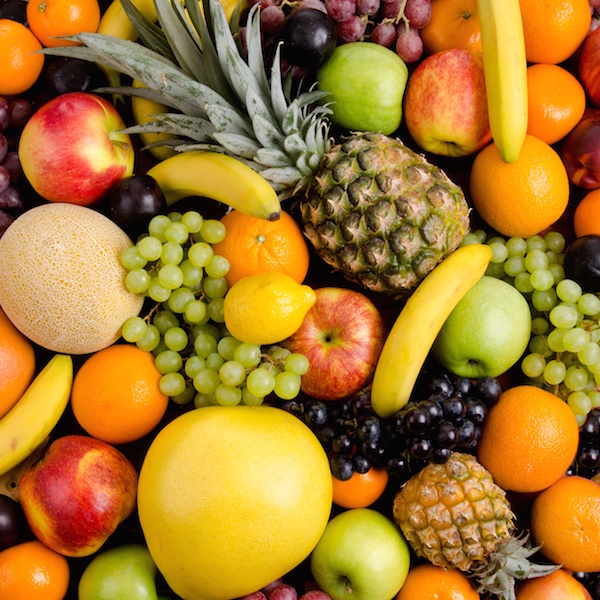
SUNDAY, Aug. 19 (HealthDay News) — The notion that eating certain foods when feeling blue is a form of self-medicating is gaining traction after scientists identified some ingredients very similar chemically to a widely used prescription mood-stabilizing drug.
The research, scheduled for presentation Sunday at the national meeting of the American Chemical Society in Philadelphia, builds on a large body of evidence reporting mood-boosting effects from chocolate, teas, blueberries, raspberries, strawberries and other comfort foods.
“The tendency to depression in its many forms has increased due to our stressed society, [and] antidepressants are effective for only 50 percent to 60 percent of patients,” said study author Karina Martinez-Mayorga, who initiated the study while at the Torrey Pines Institute for Molecular Studies, in San Diego. Martinez-Mayorga is now a research scientist at the Chemistry Institute at the National Autonomous University in Mexico.
“All this suggests the need for creative and new strategies,” she added. “I’d like to emphasize that our primary interest is in flavors for enhancing mood in normal, healthy people during ‘down times’ not [associated with] clinical depression.”
Study funders included Robertet Flavors, Inc., which manufactures flavor compounds and other products.
Martinez-Mayorga and her team used “chemoinformatics,” which utilizes computers to screen the chemical structures of more than 1,700 food flavor ingredients for similarities to approved antidepressants, marketed drugs and substances with established antidepressant effects. She did not identify specific ingredients or flavors, since the study is ongoing, but reported that some bear a striking chemical similarity to the prescription drug valproic acid.
Also used to treat seizures, valproic acid helps stabilize manic symptoms — such as an abnormally excited mood — associated with bipolar disorder, which is marked by periods of depression alternating with mania. The drug is sold under brand names such as Depakote, Depakene and Stavzor.
Food industry research on mood modulators has focused on less-severe mood changes, she noted, and patients taking prescribed antidepressants should continue to do so.
But her team’s future research may result in dietary recommendations or new nutritional supplements with positive mood effects, she said.
Sharon Zarabi, a nutritionist at Lenox Hill Hospital in New York City, said she wasn’t surprised by the study, given an ever-growing supplement market that seeks to identify key nutrients and duplicate them in pill or extract form.
But Zarabi pointed out that it’s well established that various food groups have mood-modulating effects. For example, protein from meat, fish, poultry and eggs is known to increase levels of “feel-good hormones” affecting alertness and energy, she said, and unrefined carbohydrates raise levels of a brain neurotransmitter that diminishes pain and increases calmness.
“I personally believe everything you eat affects the way you feel,” she said, adding that she encourages her patients to seek key nutrients from whole foods. “We don’t need supplements and pills … we need food for fuel, so if we look to our food to give us energy to perform throughout the day, at the same time we’ll be getting the proper nutrients for neurotransmission.”
Because this study was presented at a medical meeting, the data and conclusions should be viewed as preliminary until published in a peer-reviewed journal.
More information
The U.S. National Library of Medicine has more about valproic acid.

